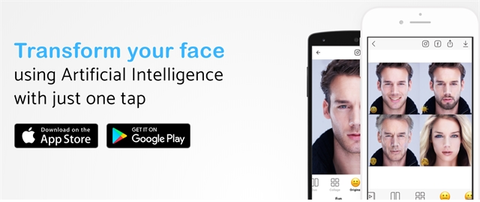 |
|
Users have been urged to be more careful when using the FaceApp since facial recognition is a technology used mainly for password authentication. — Photo courtesy of Kaspersky |
Yeo Siang Tiong, Kaspersky general manager for Southeast Asia, said: “Being isolated and stuck at home during the pandemic has prompted people to spend more time on social media than ever before. Keeping themselves updated with news and connecting with friends and families are among the top reasons.
“But people have also been turning to social media to deal with stress and anxiety. Sharing photos and videos using apps that add filters either by swapping genders and looking older are now back in vogue.
“Again, we say there's no harm in using these apps. But we urge social media users to pay strict attention to how much of their private information will be used and shared by such apps to avoid any risk.”
Fabio Assolini, senior security analyst at Kaspersky, said the app itself does not contain any malicious elements, but since facial recognition is a technology used mainly for password authentication, the user must be very careful when sharing their image with third parties.
"We have to treat these new forms of authentication as passwords as any widely available facial recognition system can end up being used for both good and bad."
Companies that own such apps could potentially facilitate or sell these images to entities that use artificial intelligence to make facial recognition modifications, he warned.
"In addition, it must be taken into account that this data is stored on third-party servers, and that it can also be stolen by cybercriminals and used to impersonate identities."
So he suggested that before joining the latest social media challenge users should be aware of the security of the app and download it only from official stores.
He also highlighted the importance of reading the privacy terms of the applications to understand what rights and types of access are being requested. — VNS